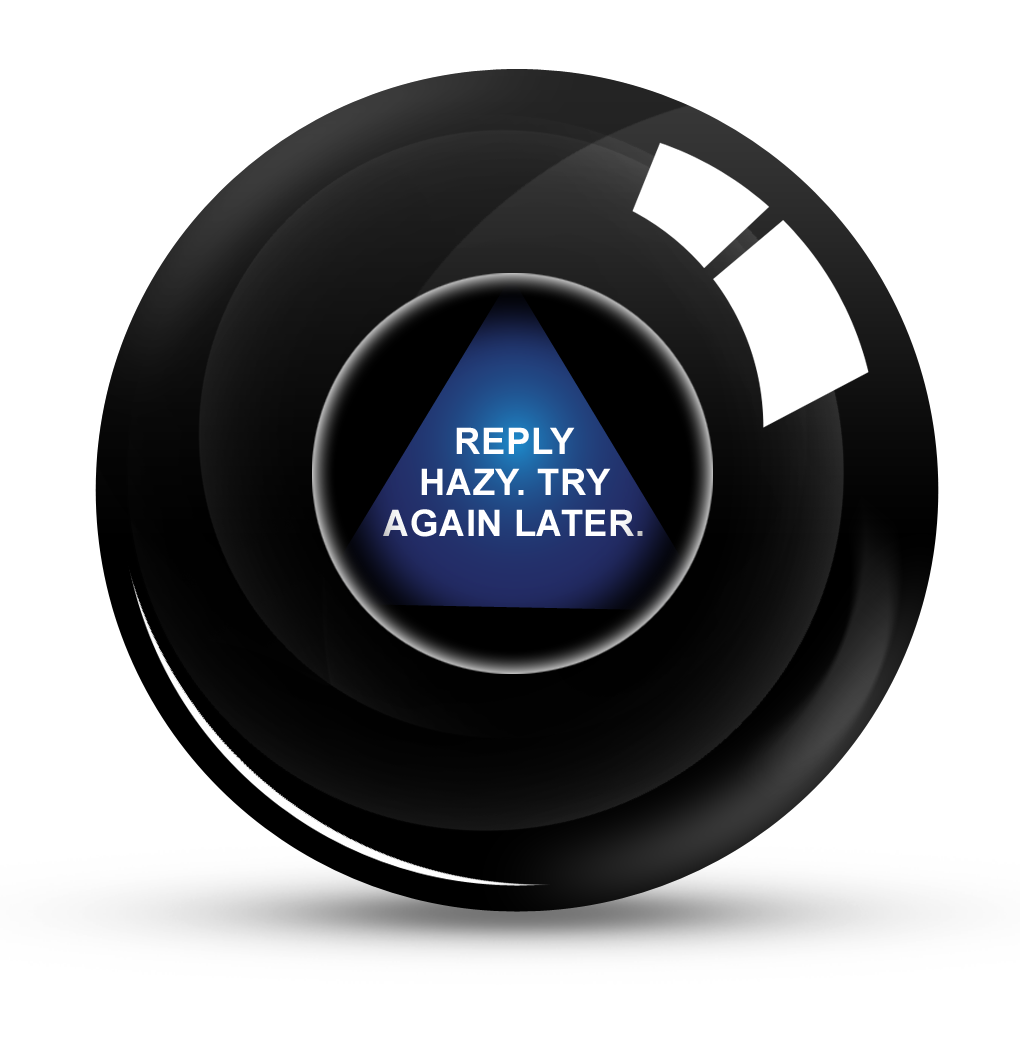Spanky
Thinks s/he gets paid by the post
I read a few articles saying a 60/40 has performed nicely for almost 20 years but that the future returns of equity and bonds will be much lower. Low yields from bonds may not be sufficient to keep up with inflation. The suggestion is to allocate up to 40% of portfolio to high-yield bonds, convertible stocks, REITs, and energy, 20% to traditional bonds, and 40% to stocks.
Thoughts and comments?
Thoughts and comments?

